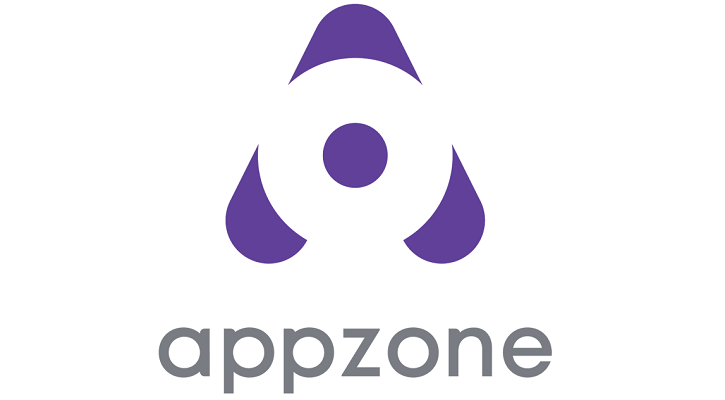With the increased rate of fraud and dispute claims between customers and financial institutions across Nigeria, Uche Elendu, Co-founder and COO of Appzone has called for the adoption of blockchain technology to not only decentralise the process of moving money from one bank to the other, but to help increase the level of visibility and transparency of the procedure.
Uche Elendu stated this during his presentation at just concluded Digital Pay Expo summit – a two-day event, sponsored by Appzone, which sought to discuss the possibility of accessing finance without a third party across the African continent through Decentralized Finance (DeFi).
What the company is saying
Speaking about the adoption of blockchain technology to foster a speedy payment settlement process, Uche Elendu, said “Financial institutions across the continent have continued to evolve, leveraging technology.
- “They have metamorphosed from the days of a heavy analogue process to a more digitized era, and with the continuous increase in the volume of banking transactions, It remains pertinent to continuously adopt newer and more sophisticated technology infrastructure to remain dependable, especially with payment settlements.
- “For us at Appzone, we are firm believers in blockchain technology. Its decentralized nature not only makes it faster, cheaper, and transparent but also makes it sophisticated enough to enable real-time settlement”.
- Speaking further, Uche said “Having rolled out Zone – Africa’s first blockchain platform for payment processing in 2021, partner banks who have onboarded with us have seen a drastic change in their payment settlement process.
- “Zone’s innovative architecture will reduce complaints from customers and provide banks with an opportunity to deliver delightful experiences on payment channels while also driving down costs”.
What you should know
As more Nigerians get financially included, customers have continued to move away from cash and cheques, and toward electronic payments. This trend is a positive development for banks and the Central Bank of Nigeria (CBN). However, as card and online transactions grow, so does the number of disputable transactions and the incidence of fraud, putting pressure on dispute processes.



















